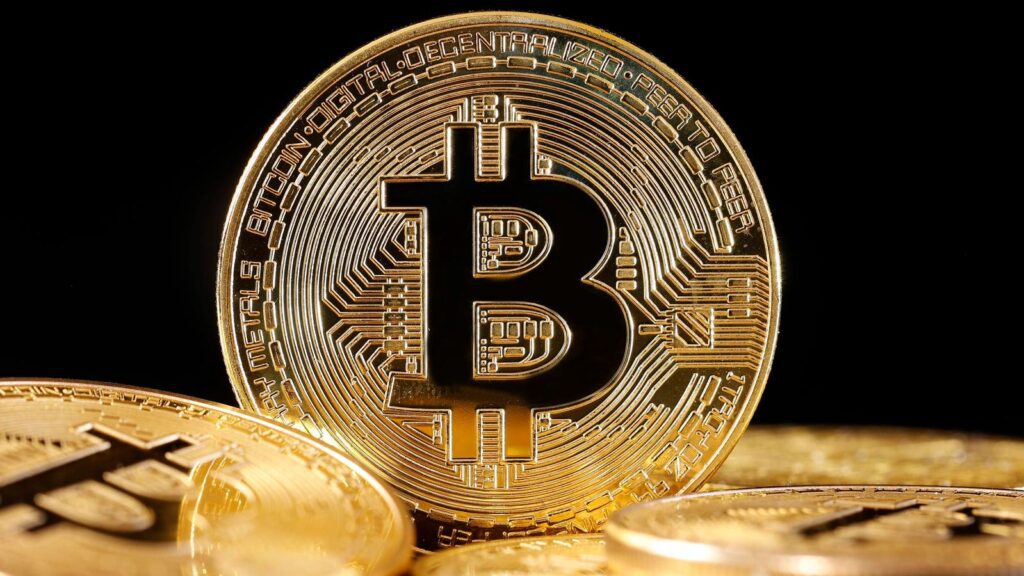The United States is at a turning point in the regulation of digital assets, particularly as cryptocurrencies become more widespread. As Donald Trump prepares to be sworn in as the 47th president on January 20, 2025, the question that will soon arise is: what will his administration mean for the digital assets industry?
Since Trump’s election, bitcoin has reached record highs and recently surpassed the $100,000 mark, driven by a post-election rally reflecting investor optimism about the cryptocurrency’s future under a Washington controlled by Trump. Historically, Bitcoin’s price surge has sparked the growth of the entire crypto sector, with altcoins, stablecoins, and even meme coins reaching record highs.
This enthusiasm stems from a sea change in Trump’s stance on cryptocurrencies. During his first term, Trump called bitcoin a “scam” and criticized it for competing with the U.S. dollar. Yet in a surprising reversal, he positioned himself as a champion of crypto during his re-election campaign. Trump has pledged to make the United States “the crypto capital of the planet.” His personal crypto business, World Liberty Financial, further attests to his embrace of the industry. In some ways, this shift reflects general public interest in digital assets as a legitimate investment class, particularly with the SEC’s recent regulatory approval of spot bitcoin and spot ether ETFs.
A promising environment for crypto growth
Trump’s evolving perspective on cryptocurrency, coupled with the nomination of pro-business Republican Paul Atkins as the new SEC chairman, offers potential for growth in the blockchain and Web3 ecosystem. Atkins, a former SEC commissioner known for his pro-innovation stance, is expected to guide the agency toward clearer crypto guidelines to facilitate the industry’s growth.
This will undoubtedly cause crypto proponents and critics to focus on what a friendlier environment for digital assets could mean for businesses, financial institutions and retail investors looking to broaden their exposure to cryptocurrency and to decentralized technologies. For now, however, we can only look to Mr. Atkins’ previous statements. During his previous tenure as SEC commissioner, Atkins said, “(The SEC) must not exclude these same investors from our markets through burdensome regulations or eat the fruits of their investments through absurd mandates. » If his appointment is confirmed, Atkins will likely make many changes to crypto regulation, although it won’t happen overnight. Cryptocurrencies remain volatile and are often criticized for enabling speculative trading and illicit financing.
Compared to his predecessor, SEC Chairman Gary Gensler, who took enforcement action against major players like Coinbase and Ripple, Atkins’ appointment is expected to mark a lighter regulatory approach. However, note that Atkins would still be bound by legal precedents that cannot be easily overturned. Any change in the SEC’s position will require thorough legal justification and adherence to procedural standards and the new administration will need to carefully balance promoting innovation with ensuring consumer protection and market integrity.
The seal of the United States Securities and Exchange Commission is displayed on a smartphone, with … (+)
Looking to the future
As we close out 2024 and look toward 2025, we expect the new administration’s regulatory approach to crypto to set the tone for how the United States manages the complex interplay of innovation, adoption and monitoring. And the world will watch and take notice.
In light of Trump’s goal of making America “the crypto capital of the world,” he has stated his intention to implement policies aimed at accelerating the growth and maturation of the crypto industry in the United States. One of Trump’s most ambitious proposals is the creation of a strategic bitcoin reserve creating a stockpile of bitcoins to maintain a competitive advantage over China. Although time will tell whether Trump is able to implement his crypto-related proposals, his election marks a regulatory shift toward a more crypto-friendly environment that could potentially lead to increased development of crypto applications. digital assets in various areas such as data security, healthcare, and supply chains.




